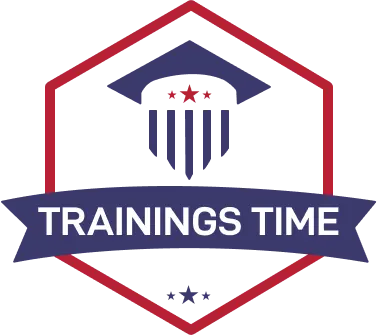The Fair Labor Standards Act (FLSA), commonly referred to as the Wage and Hour Act, was passed in 1938 and has been amended many times since then. Every employee who is covered under the FLSA must receive the overtime pay. The major provisions of the FLSA are concerned with minimum wage rates and overtime payments, child labor, and equal rights. The US Department of Labor, Wage & Hour Division, oversees federal labor laws. Additionally, State DOLs administer state labor laws. Failure to comply with Wage & Hour laws may result in the employer paying the employee back wages, damages, penalties, attorney fees, and court costs, plus the prospect of civil and criminal penalties from federal and/or state governments. If in any case, the State minimum wage is above the federal wage. In that case, state must follow its own rule. Then, employees are entitled to have the maximum advantages. Therefore, Wage & Hour compliance is of the utmost importance. Also, the DOL’s new overtime has already in place, it would affect employers especially when it comes to their employee classification. Because it would compel employers to reconsider the overtime exemption under the Fair Labor Standards Act. As per the DOL rule, the authority will increase the threshold every three years based on the wage data.
2024 DOL Rulings: Contractor Status & Overtime Changes

Credits







